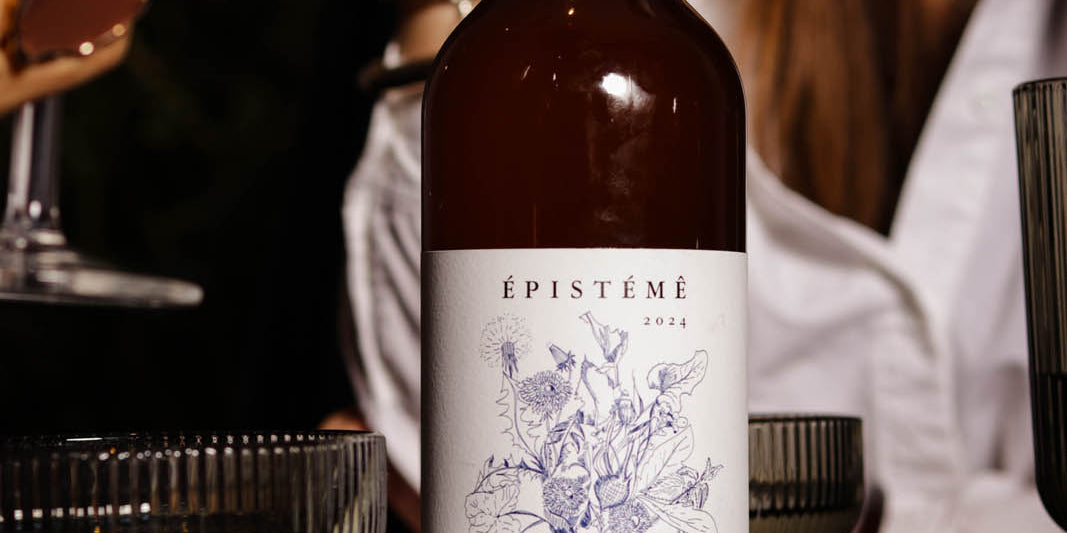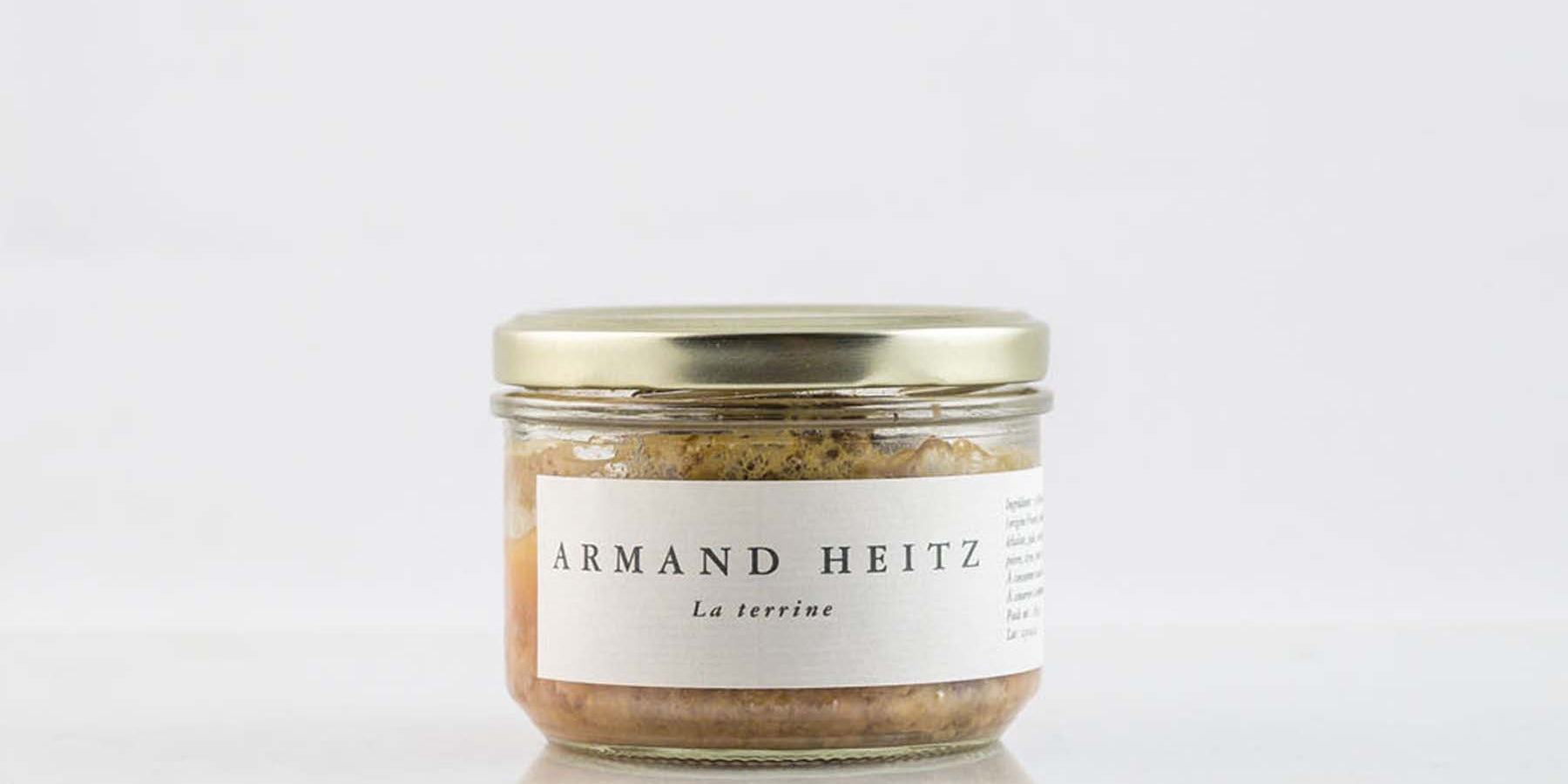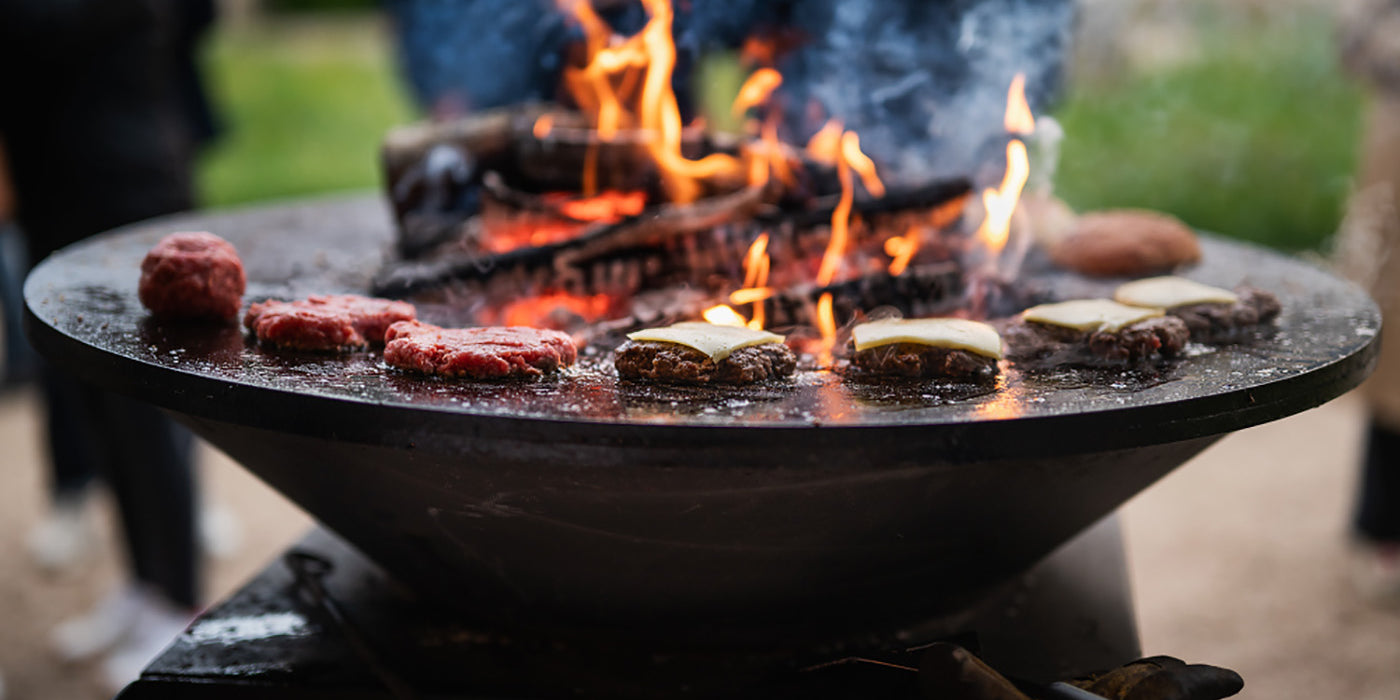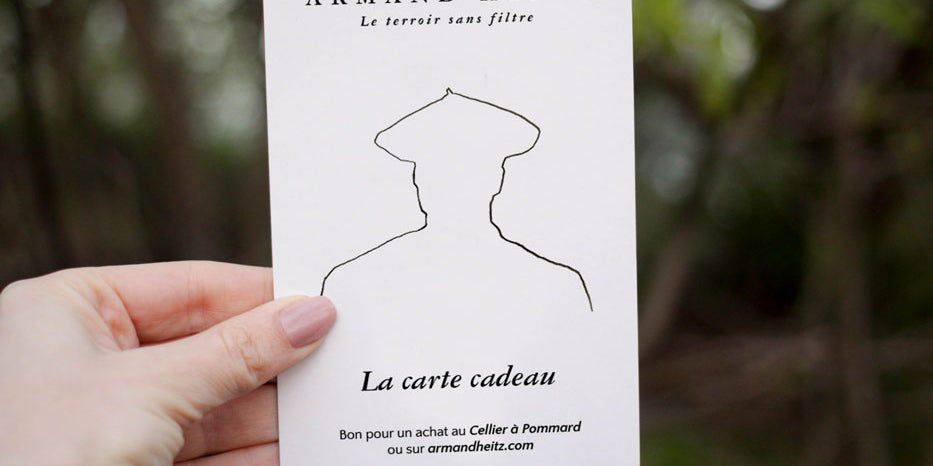Fabrizio Bucella is a physicist, doctor of science, university professor at the Free University of Brussels, teacher at the universities of Bordeaux and Reims, sommelier, and director of the Inter Wine & Dine. He has published several books, made instructional videos and written for various journals. An active and original personality from the world of wine who intrigued us and whom we met.
You wrote a book called "Why do we drink wine?" », For my part, I like to know how and when people drink wine. What are your habits in this area?
My wine consumption is intimately linked to sharing a meal, and with the people around the table. A double division in a way. I also taste a lot in my professional life of course, between classes and others. But in my personal life, it's the idea of the glass of wine before eating and during the meal, in an extremely relaxed way. A bottle that we want to open, and not necessarily in subtle interaction with what will follow. Unfortunately, we cannot open 4 bottles every night. (laughs)
Do you have a particular glass?
The glasses I use are the ones I bought when I came to Burgundy in 2003 for the Saint-Vincent Tournante. I had bought two boxes of 6 in Nuits-Saint-Georges, I have 8 left. They are very large, a little crooked, a very severe bevelling, magnificent for smelling the aromas. In the aesthetics of the glass, the stem is a little too small, which makes the glass rather chunky. Myself not being tall, it suits me very well! (laughs) It's my favorite glass if you will.

When did you first taste Burgundy wines?
I discovered wine through Burgundy, during a trip in senior class. Sensory discovery, a new universe, cellars, winegrowers. What interested me was the winemaker who talks about his product, to discuss with him, the place, the geo-sensory atmosphere to use the words of Jacky Rigaux. The teachers had organized the trip very well, with reservations in restaurants, a small food and wine pairing was planned. There was a kind of magic. We were a very small class, 8 or 9, it was a teacher who drove a minibus. Today it would be necessary to fill in 15,000 administrative forms, to have the authorization of the prefect, of the sub-prefecture... It is just impossible. It was another era, a form of freedom that we no longer have.
Is that when you were captivated by wine?
Yes, from there, I thought that, in one way or another, wine would be part of my life. For sure. I do not have a “classic” background in oenology, I did a bac +5 (a Master nowadays) in physics, followed by a DEA and finally a doctorate. During my thesis, where sensory analysis was covered in one part, I did a sommelier qualification at the Italian Sommelier Association for 3 years. I liked to write, transmit, and I said to myself that if at some point I wanted to talk about wine and teach it, I would still need a "title" recognized in this environment. Having a doctorate in science and being a physicist and a wine lover was not enough.
Coming back to Burgundy, have you kept a sympathy with the region?
Yes, of course, I came back once a year for 15 or 20 years after I graduated. It remains for me a mythical region that made me discover wine.With my best friend and a very good friend, we organized our pilgrimage every year. Careful preparation, with the different stages, planning visits to the estates. We put a lot of heart into it.

I read in your book that Louis XIV drank Burgundy wine because it was good for your health, did you too?
So yes, he was a fan of Champagne wines, perhaps because his father had introduced him to those wines... But still, he didn't want to switch to Champagne wines. Burgundy. It was his doctor who advised him to switch to Burgundy wines, telling him that they would be better for his health. Louis XIV had gout, the disease of wealthy people at that time. He lived 72 years in any case, he buried his son, his grandson, and it was his great-grandson (Louis XV) who ascended the throne. Can't say it didn't work. (laughs)
Talking makes you thirsty, it's time to taste our Pommard 1er Cru Clos des Poutures.
With pleasure! I had put it in the fridge for a bit, I opened it about 1 hour ago, it had time to warm up so it's perfect.
So how do you like it?
The nose is magnificent, powerful, intense, complex. It is extremely intense, a decoction of fruits, flowers, dried flowers. Aromas of wood but well integrated for a wine that is ultimately not so old. What is the percentage of new wood?
We must be at 25 or 30%, I'll have to check...
Okay yes, less than a third. In the mouth we find the intensity, it is very long, very delicate, the tannins are melted but present. An explosion of flavors with the retro-olfaction, once the ethanol dissipates. We find in truth all the flavors that we had by the orthonasal route, and others too. There is a chocolate side, a pseudo-sweetness, a very pleasant little sweetness. Very nice acidity from start to finish, a touch of bitterness that I also like and which gives a little tension. It's tight while being accessible, we feel the potential but not at all closed, a great tour de force!

Glad you like it!
It's a great discovery, I didn't know the area but beyond the discovery it's stunning, a nice dialogue between intensity and finesse.
You are a professor at various universities (Brussels, Reims, Bordeaux), you run the Inter Wine & Dine oenology school in Brussels, and even in your books, articles and your videos, you are still in pedagogy. How would you define your method or practice of this science?
Teaching is my passion. Transmit, and somewhere “set fire” in the minds of students. It is the formula of an intelligent philosopher who said “to teach is not to fill a vase, it is to light fires”. I think it's a beautiful picture. There is perhaps also the idea that one can always tell a story. All this does not form a method, I give you how I see it from the inside. There are 3 rules: work, work, work. When I prepare a 3 hour class, whether it's in front of students, on Youtube or whatever, even on a class I've been teaching for a number of years, as weird as it sounds, it's a full day upstream work, preparation. The course is never the same from one year to the next, I spend time reworking it, rediscovering new things.This is what keeps me going, and it seems to me that it also shows in the eyes of the students
It seems to me that this is the common ambition of young teachers, but how not to fall into a certain form of weariness that sets in over time?
So what you say touches me because it is a fear that I do have. It's something quite intimate, it's my relationship to work. Today, what gets me up in the morning is my job as a teacher. It may be a bit extreme, but I can't go out to a restaurant in the evening or have a drink when I have a morning class with students waiting for me in the amphitheater. I owe it to them to be in good shape as well. I hope to keep this spirit. I live with my classes, they are part of me. When I read a book for my pleasure, I can always note an image or an idea that the author expresses, because it will perfectly illustrate one of my lessons, and integrate it in the days that follow.

It is essential to have this dynamic. When you give this lesson again, it will have something new...
Exactly, this element will be new and I will see how the students will perceive it. The course will have evolved, that's what makes the difference.
You are a follower of popularization. This term does not always have a very good reputation... and it is not justified in your opinion?
Absolutely not! It was never a bad word for me. It's something extremely well done. I defend people who do popularization. The popularizer must look into the scientific writings, understand what they express in order to be able to tell it afterwards. It is a job that is not easy. I'm talking about real popularization, not copying Wikipedia.
Is this the best way to learn and “pass on the fire”?
I don't know if it's the best, but in any case it's a method or a way of doing things that I like. I feel like an “explorer” when I open various scientific works, and afterwards there is a story that is created in my head, and I like to transcribe it and tell it.
And you like to tell a story to convey, it's your style to bring this story.
Exactly. And it was a work on myself for once. As much from the beginning I am comfortable with popularization, but for the story I was not very comfortable. I had the impression of “betraying” science by telling a story, it is undoubtedly due to my pure and hard training as a scientist. It is the practice of teaching that led me to reinforce this way of doing things. And then writing books of course.
Today we are diversifying at the estate and now produce wine, vegetables and meat as well. I find that there is not a lot of "pedagogy" about food. Finally let's say that there is a lot of information, between all the labels, the chefs, the nutritionists and other experts, it is quite difficult to find your way around. What is your opinion on the subject?
I also find it complicated. There is not yet all the apparatus, both scientific and educational, that we have in the wine world. For someone who is interested in wine and wants to progress in this environment, there are lots of options available to him, schools, books, websites... in food, this is not is not as framed.
How do you explain it?
For wine, the professional course allows you to become a sommelier.And the middle of the mouth learns to become a cook There is a dichotomy between the two, because the sommelier talks about a product while the cook must prepare it. The food sommelier does not exist. We have the waiter or the butler, but it is not the same thing. When you go to hotel school, you're not going to taste food and learn to talk about it. A humorist said that the sommelier was only the winemaker's sales representative, and I liked this sentence, it caricatures a little but it has the merit of making the connection.
Chefs are widely recognized stars unlike winemakers. Yet the lack of knowledge of the product is greater in food than in wine.
It's special, yes. Because at the end of the story, what is more important is not having stars on television, but that people reclaim their own taste. This is partly my journey. Thanks to wine, I discovered a sensory palette that I was then able to apply to beer and all foods. I'm not a food critic but I think I'm pretty specific about the dishes. Pay attention to what you eat, to food, categorize tastes, reflect, and therefore take an interest in producers. A simple egg, perhaps not organic by the way, but which comes from a real farmer who takes care of his hens, does not taste at all the same as a supermarket egg (which can be organic ). A simple hard-boiled egg, I promise you can feel the difference.

Are we aware that we must eat healthy foods? We want to do the shopping quickly, not take the time to cook...
This is partly consubstantial with an extremely productivist agricultural model. The equation is logical, and we do everything so that people are not interested in their diet and can continue to sell them bad meat, very red tomatoes in all seasons but which have no taste. It's amazing.
In your book on umami, you take a rather critical look at the food industry. Do you think that we currently measure the damage for which they are largely responsible on populations?
No, I think that "the man in the street" as Pascal said, does not measure it. That's not the point of the debate at all. We are currently discussing the disease, our partially regained freedoms, global warming and other concerns, but not really that.
And yet all these issues are linked to current agricultural and economic policy...
Exactly. We invest in increasingly efficient machines and tools, we have to go into debt to pay for them, no one can repair them. There are no more farmers but we have farm managers.
Armand recently wrote an article "chemistry or machinery" which you should like, I'll send you the link.
With great pleasure, I'm very interested! There is also a book that has just been released at Le Seuil, Reclaiming the Earth from Machines, Manifesto for Peasant and Food Autonomy.

Speaking of books that just came out, can you tell us a few words about your latest book recently published? Is it an interactive book?
Yes, we're back to my stories and stories, but this time just for the pleasure of telling a story, without an educational aim if you like.It's a Proust madeleine, hence the allusion to the title of course, concerning the famous books of which you are the hero which had fascinated me when I was a child Games-books in which the reader-heroine-adventurer is led to make choices and move from one paragraph to another. In this book, there are 365 paragraphs of games, the physicist had to come out of his box to design this huge graph and all the possible paths. Technically it's a game of goose with elements of symmetry, anti-symmetry, a labyrinth... But to get out of the technical side and come back to the subject of the book, the reader must find the manuscript which makes it possible to the good booze. So there is a plot, clues to try to find the villain who stole the manuscript in a medieval, pseudo-fantastico-medieval world.
And the manuscript exists?
Ah, that's a good question, does a manuscript present in a book exist... Let's say yes, it does exist, you can get your hands on it if you complete this quest. It's up to you!
Interview by Fabrice Pastre
.










